



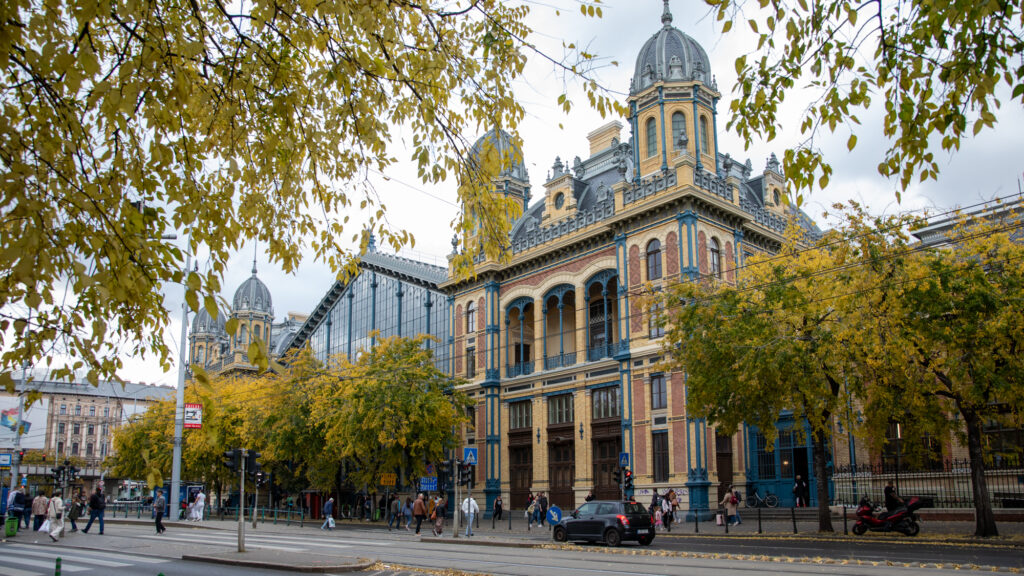
Budapest’s municipality has begun construction on the Demo Hub, a pilot project under the EU co-financed AHA Budapest programme, transforming a long-vacant school building in Újpest into 26 energy-efficient affordable homes.
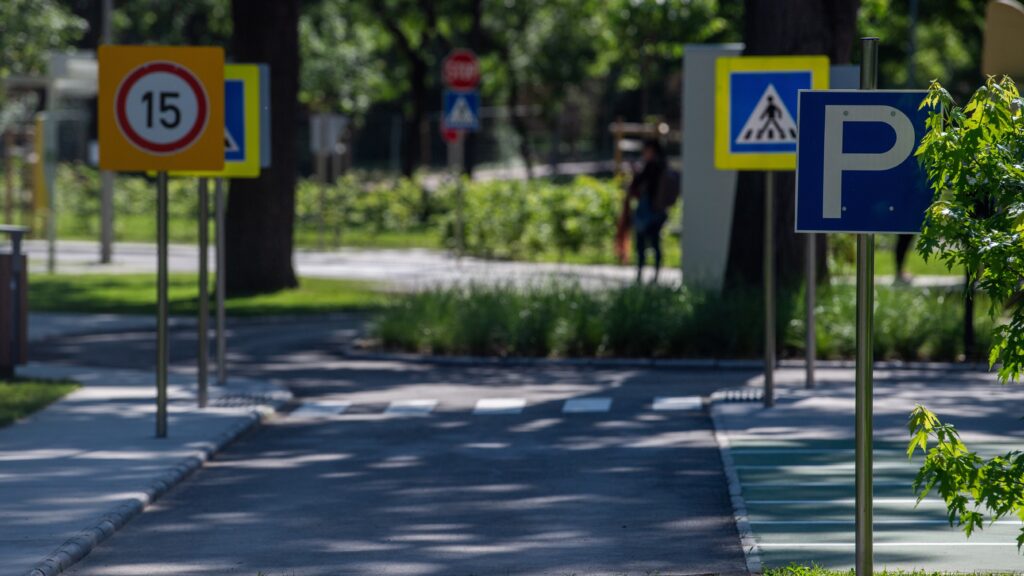
Hungary’s Transport Ministry held a workshop on integrating stronger traffic education into the revised Traffic Code, focusing on early childhood training, unified methodology and a national action plan to improve road safety.
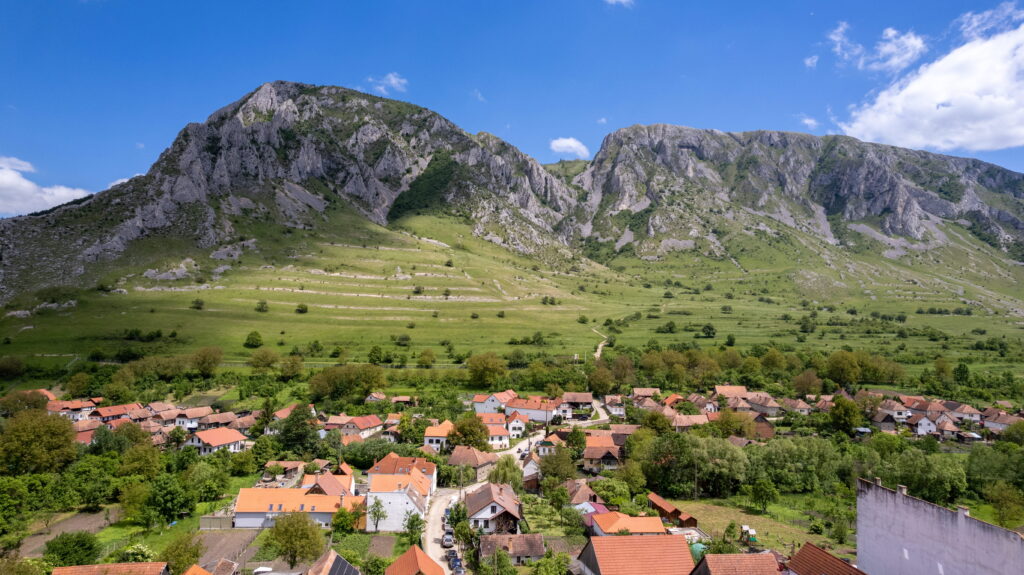
A joint project led by ELTE’s National Digital Heritage Laboratory and Digitéka has made more than 330,000 pages of historic Transylvanian Hungarian newspapers searchable and digitally preserved using advanced OCR and layout recognition technologies.
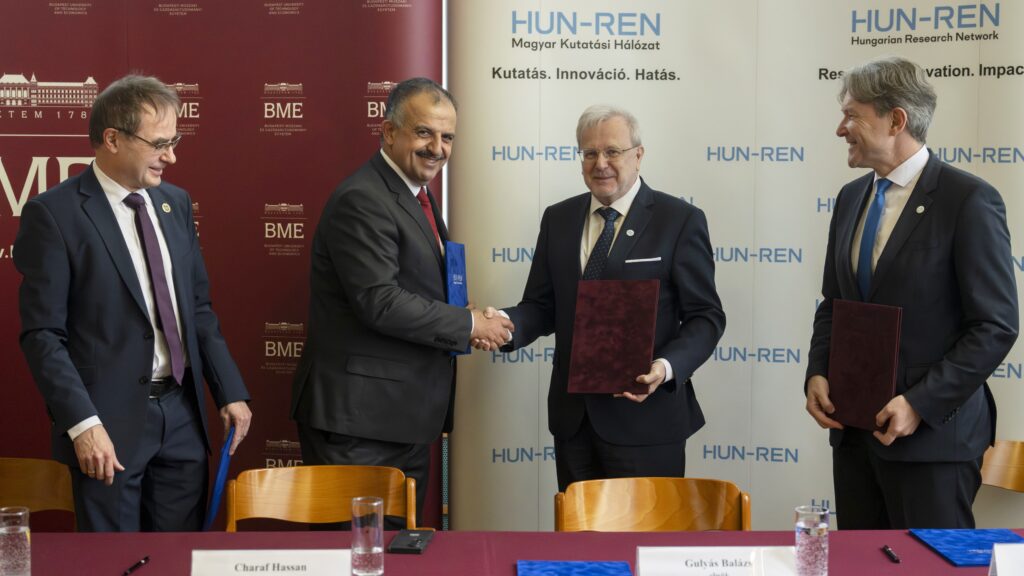
Hungary’s HUN-REN Research Network and the Budapest University of Technology and Economics have signed a joint action plan aimed at combining research capacity, strengthening doctoral training and enhancing the country’s international scientific competitiveness.
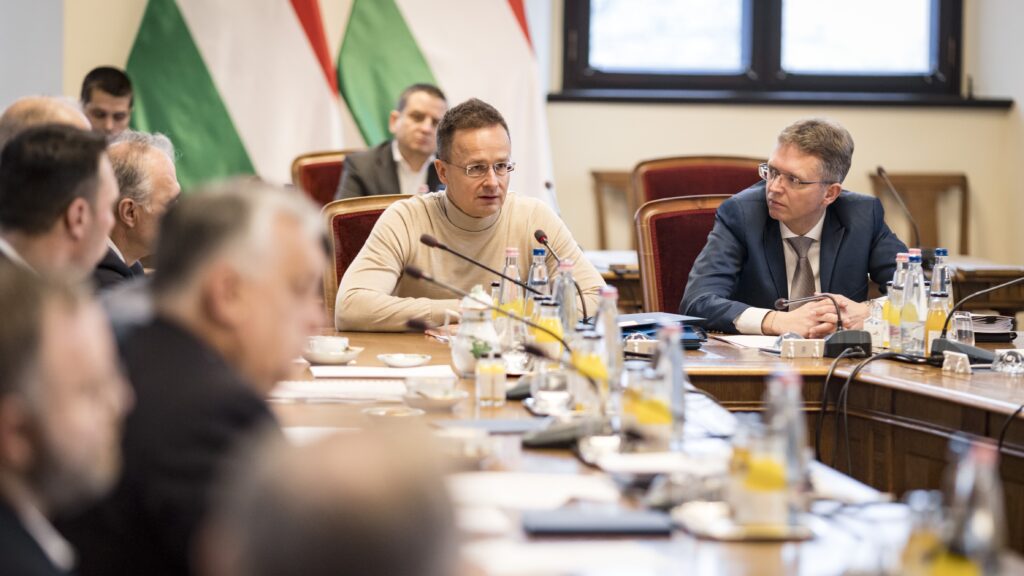
Foreign Minister Péter Szijjártó said a Brussels–Kyiv alliance is seeking to remove Hungary’s national government as an obstacle to fast-tracking Ukraine’s EU accession, arguing that political change in Budapest is central to the plan.
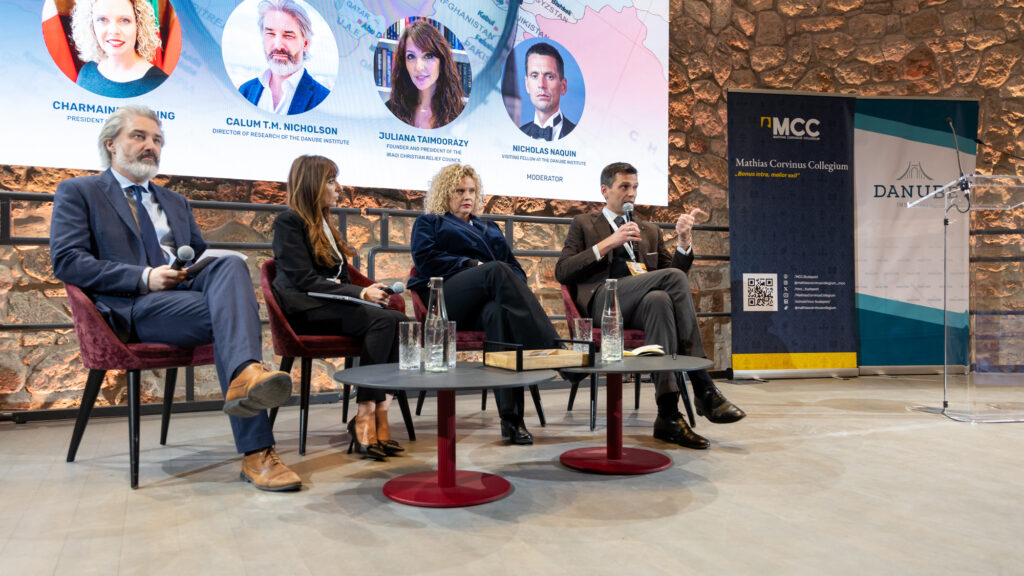
From the collapse of USAID to debates over federalism and decentralization, speakers argued that aid and political models in the Middle East must be grounded in realism, accountability and respect for lived realities rather than abstract ideals.
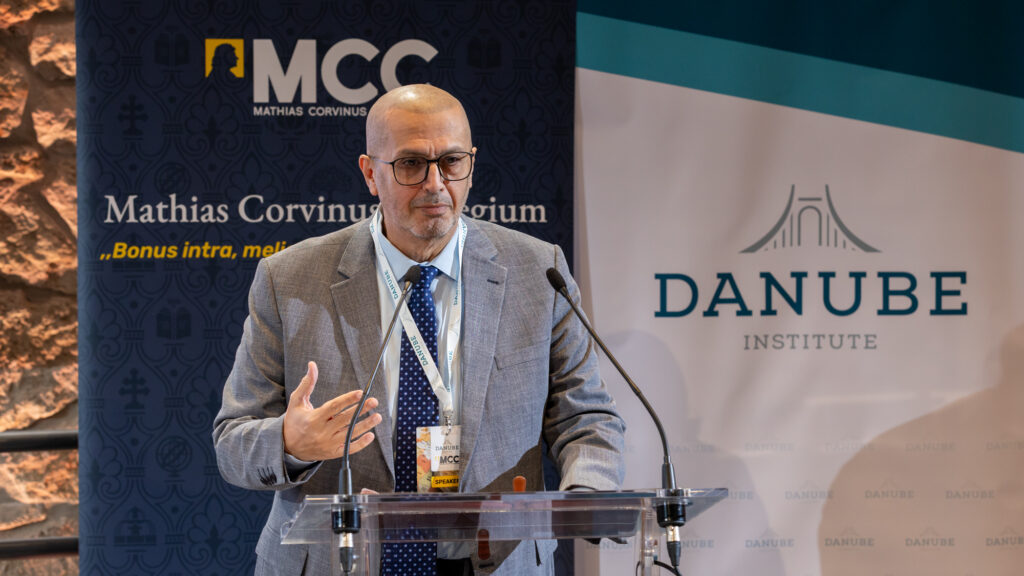
From Kurdish self-governance to the UAE’s federal model, speakers at an MCC–Danube Institute conference argued that the Middle East’s minority question demands multiple, locally grounded solutions rather than one-size-fits-all answers.

Safe and responsible internet use is best learned at home through open communication, shared rules and parental example, Hungary’s media authority said on Safer Internet Day, noting that children are going online at increasingly younger ages.
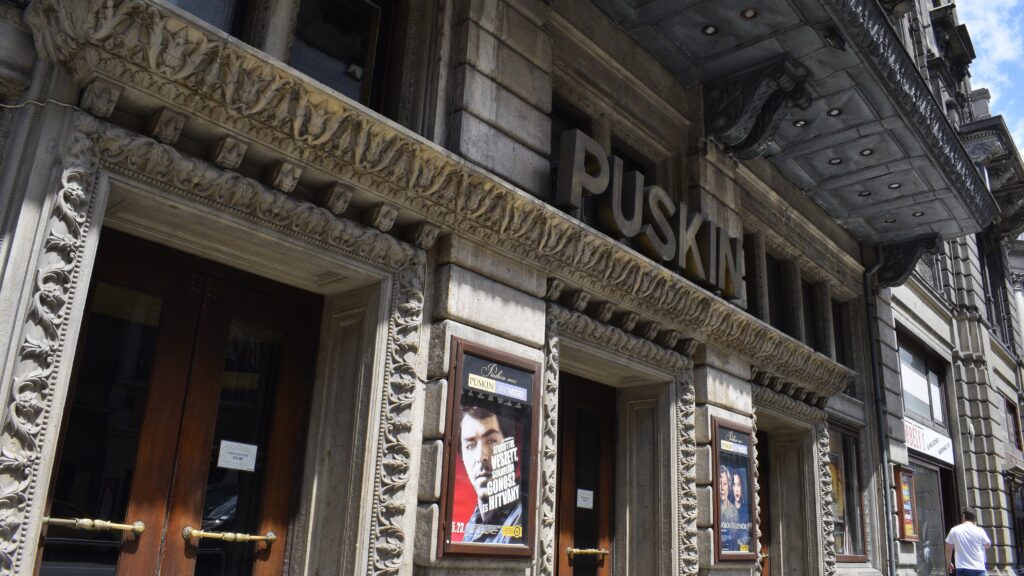
The tenth edition of the Indian Film Festival will take place in Budapest between 27 February and 1 March, offering free screenings of seven Hungarian-subtitled films that showcase the diversity and storytelling power of Indian cinema.

Hungary’s public finances remain in order, with the 2026 budget ensuring funding for key family, pensioner and small business support programmes despite the prolonged war and an unfavourable external economic climate, the National Economy Ministry said.
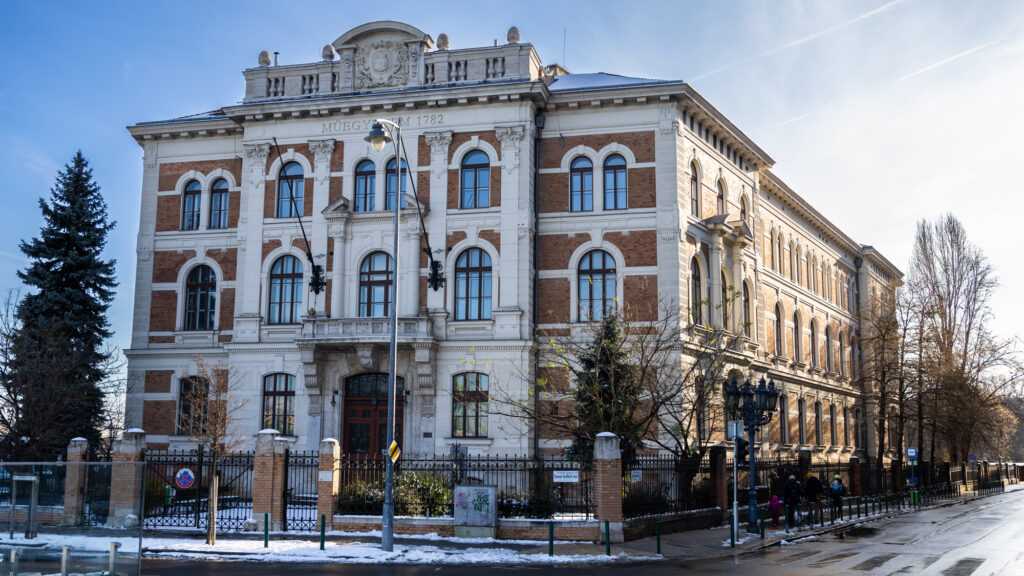
Hungary has launched a new ‘three-in-one’ education programme linking technical schools and universities, allowing IT students to earn a university degree faster through credit recognition and practice-oriented training.
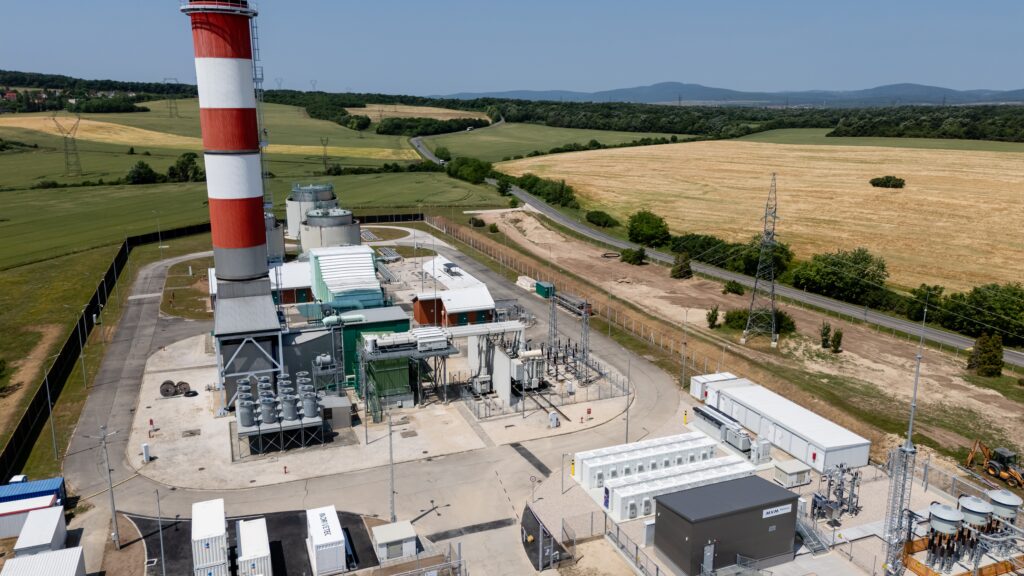
Hungarian company HeatVentors has developed a phase-change-based thermal energy storage system that can cut electricity use by up to 25 per cent and significantly reduce carbon emissions, with applications ranging from buildings to data centres worldwide.
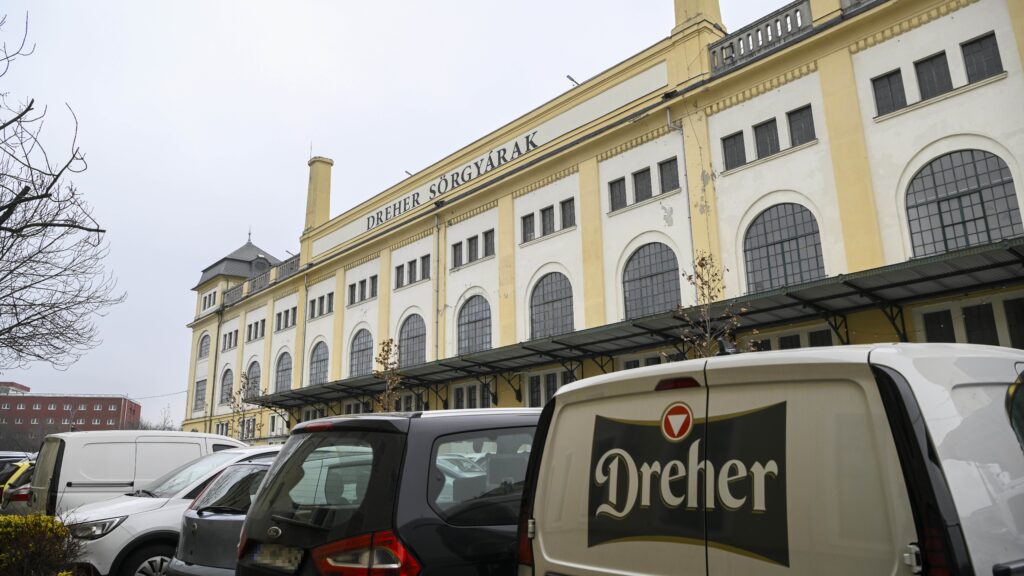
Hungary has signed a strategic cooperation agreement with Dreher Breweries alongside a 100 billion forint investment programme that the government says will modernize beer production in Kőbánya and support thousands of Hungarian jobs.

From Edmund McMillen (The Binding of Isaac, Super Meat Boy) and Tyler Glaiel (Closure, The End Is Nigh) comes a deeply tactical legacy roguelite that asks:
What if you could breed the perfect army of whiskered warriors, then send them on tactical adventures in search of food, money and loads of treasure?
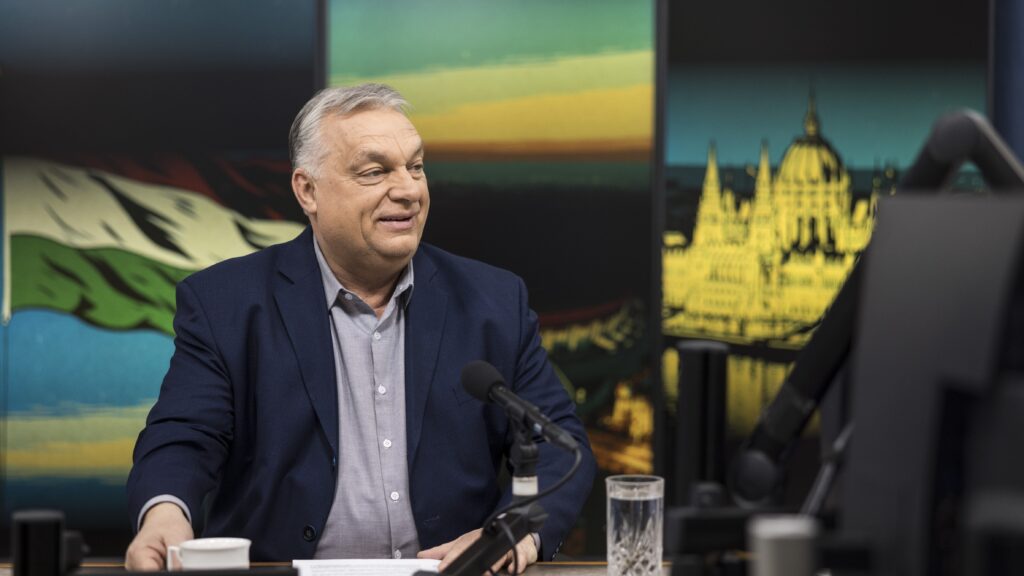
Hungary’s economy has sufficient resources to support welfare measures, Prime Minister Viktor Orbán said in a radio interview on Friday, while also addressing foreign policy issues, including relations with US President Donald Trump, the war in Ukraine and European Union policies.

Experts at a policy discussion examined the political, economic and security implications of Ukraine’s accelerated EU accession ambitions, raising concerns about financial sustainability, institutional credibility and regional stability.

The first concrete pour at the Paks II Nuclear Power Plant marks the start of foundation work for Unit 5, officially moving the project into the construction phase under IAEA standards and highlighting Hungary’s focus on energy security and nuclear power.

The expiration of the New START treaty on 5 February removes the last formal limits on US and Russian nuclear arsenals, ending decades of mutual verification and symbolizing the broader collapse of global arms control in an increasingly unstable and multipolar world.
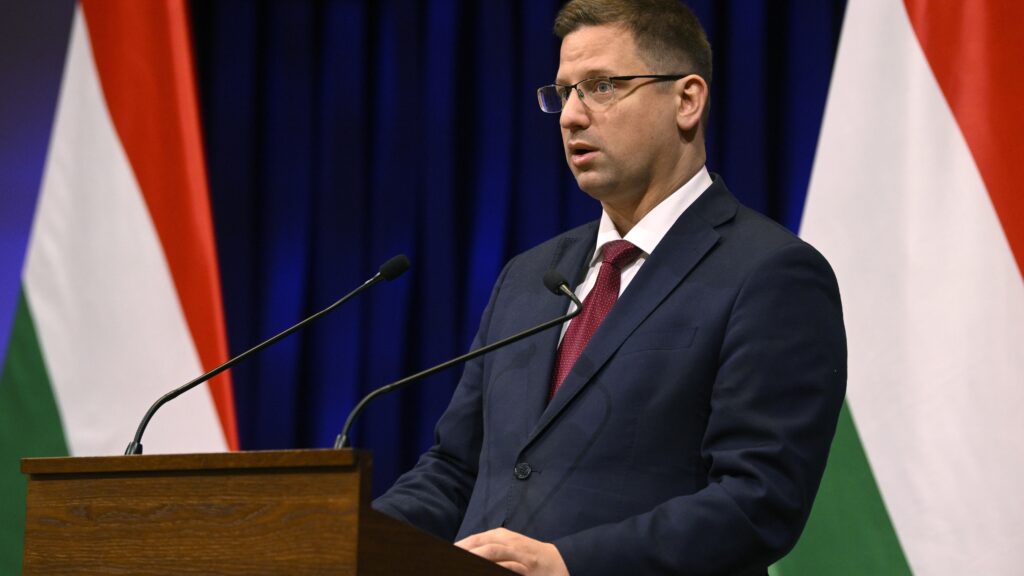
Millions of Hungarian families are set to receive higher wages with their January pay packets as new government measures take effect, including expanded family tax allowances, salary increases for teachers, and income tax exemptions for mothers raising two children, government officials said at a recent briefing.

The Hungarian government has officially announced a January energy price cap to offset higher household consumption caused by extreme cold, providing a 30 per cent discount on gas, electricity or district heating bills.
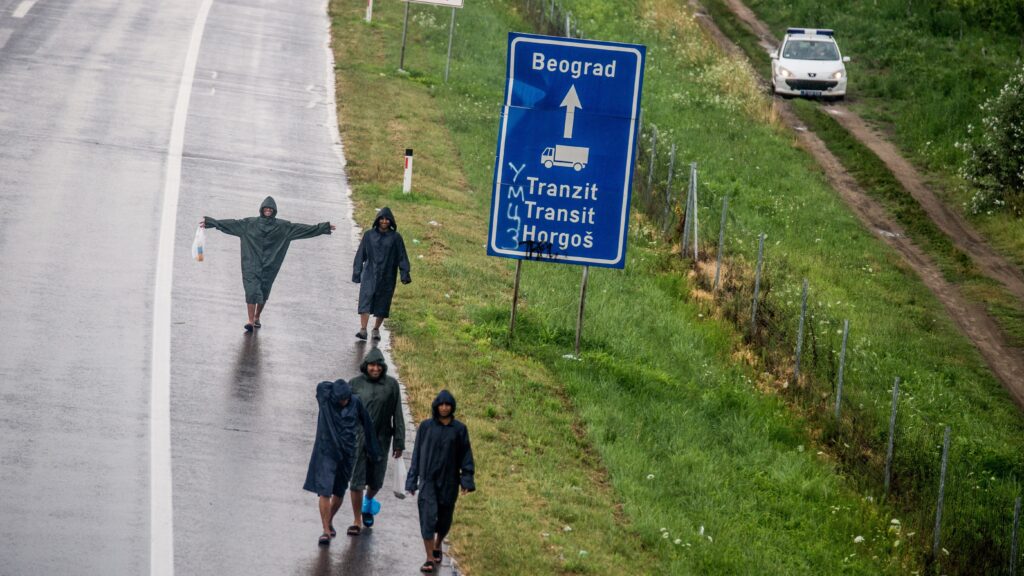
Hungary would be required to set up a 23,000-capacity migrant camp under the EU’s Migration Pact, Prime Minister Viktor Orbán’s chief domestic security adviser said, stressing that Hungary has chosen a different approach to migration.
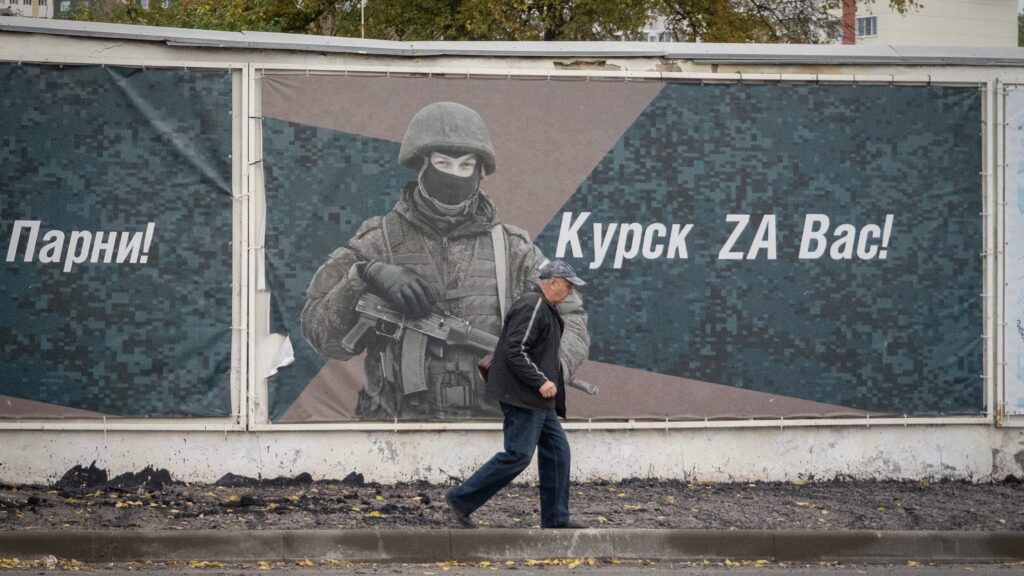
Ukraine has agreed with Western partners that repeated Russian violations of any future ceasefire would trigger a phased military response from European forces, backed by the United States, according to officials briefed on the talks.

Organizers of the Sziget Festival have announced more than 40 new performers, including Bring Me The Horizon, Zara Larsson, Loyle Carner and Wolf Alice, strengthening the international line-up for the 2026 edition of the event.
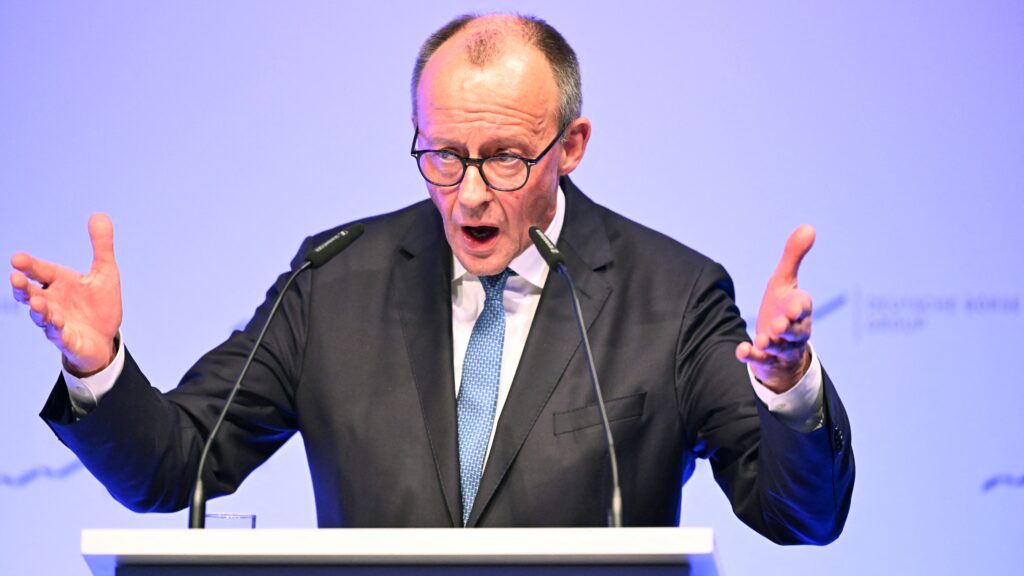
German Chancellor Friedrich Merz said the EU–Mercosur trade agreement will enter into provisional application despite plans by opponents in the European Parliament to seek judicial review of the pact before the EU’s top court.
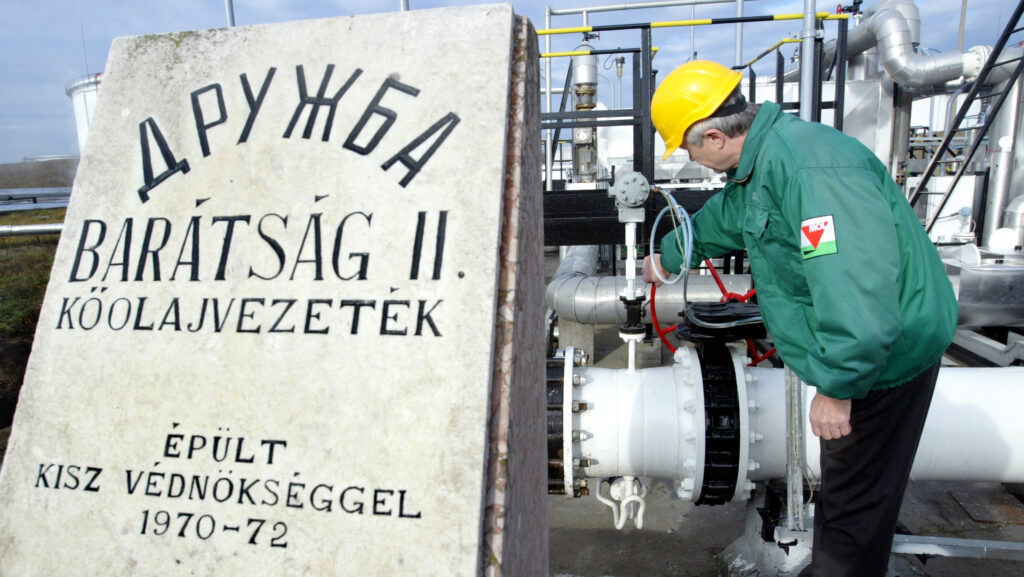
Hungary will initiate legal proceedings against the EU’s REPowerEU regulation, arguing that it unlawfully threatens access to affordable energy and circumvents EU decision-making rules, the minister for EU affairs said on Monday.
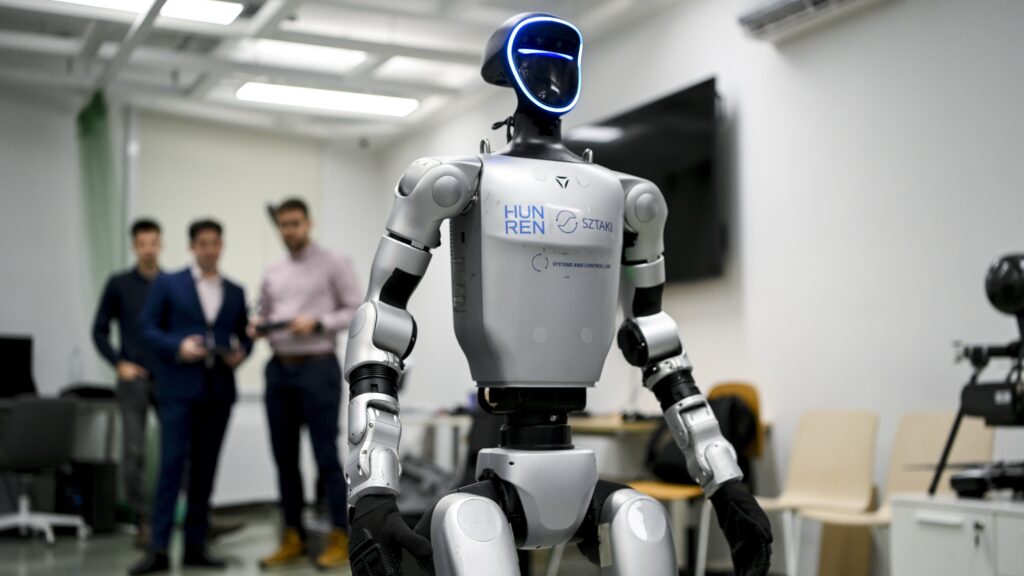
The European Commission has authorized HUN-REN research institutes to begin key administrative procedures, ensuring uninterrupted participation in EU research and innovation programmes following the network’s legal transformation.
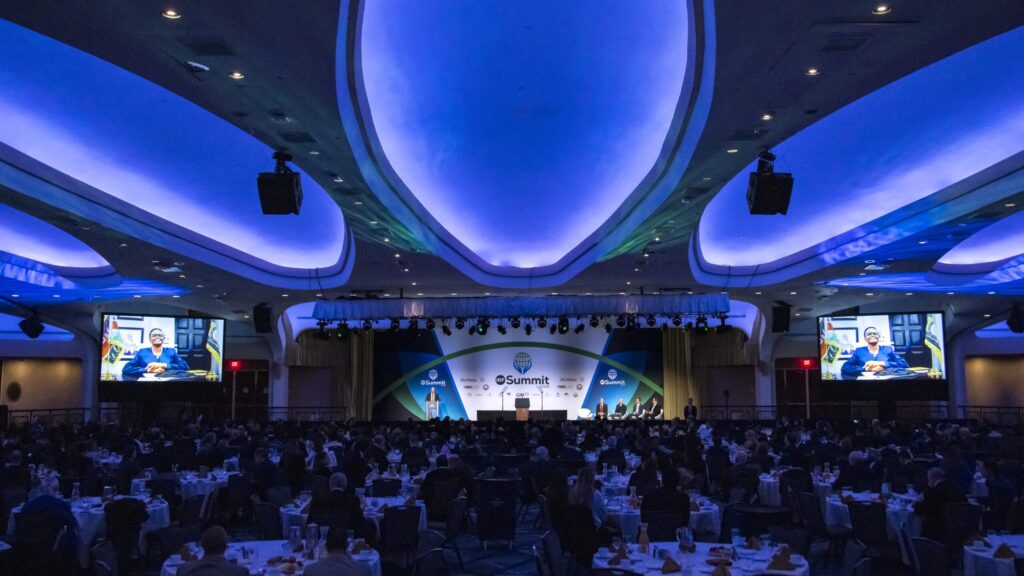
Hungary and the Hungary Helps Programme received an international award in Washington for their work supporting persecuted Christians and religious minorities, on the occasion of the International Religious Freedom Summit.

Researchers at the University of Szeged are examining how artificial intelligence could support judicial decision-making in criminal cases, aiming to make sentencing practices more transparent, consistent and fair.

71 per cent of Hungarians would not support the reintroduction of mandatory military service, according to a new survey by the Nézőpont Institute, which found broad opposition across all social groups.

More than 50 side events will accompany this year’s Budapest Central European Fashion Week, with exhibitions, workshops, pop-up events and professional programmes running across the city between 9 and 15 February.